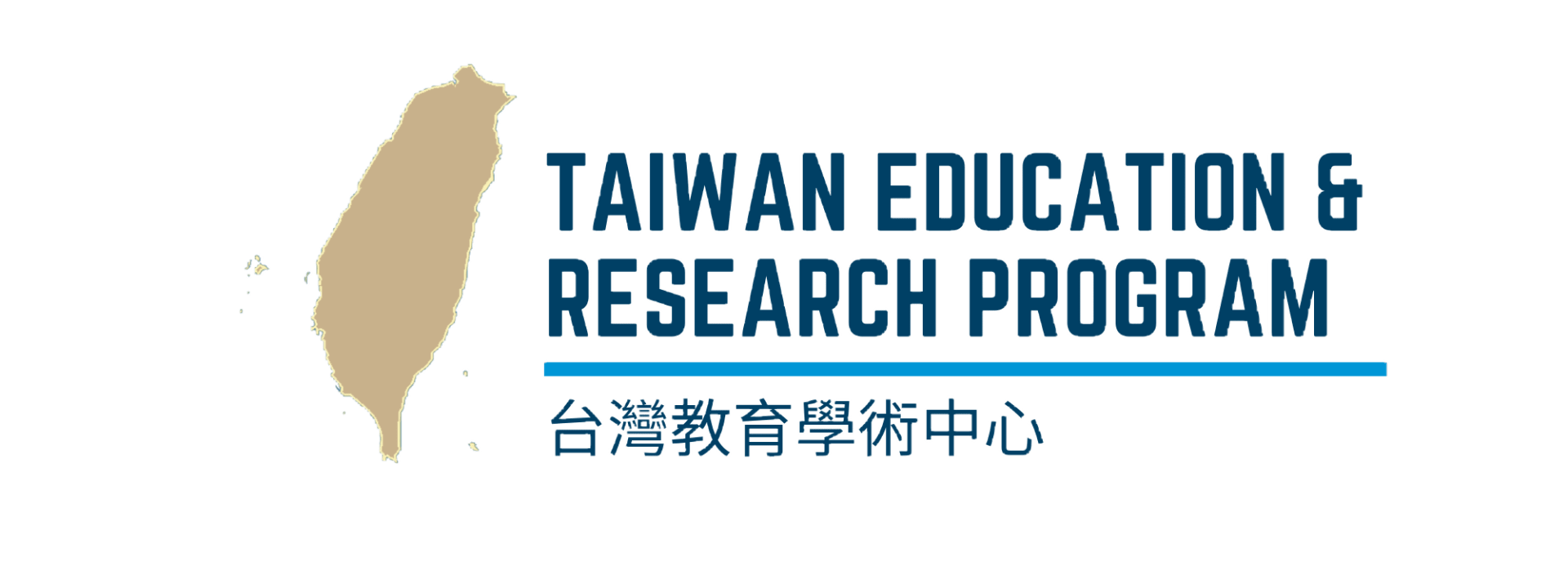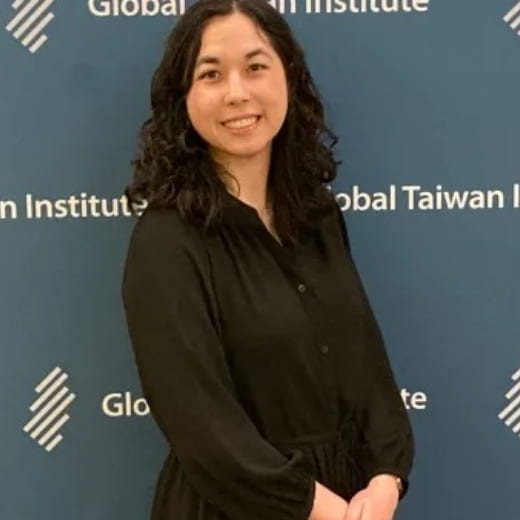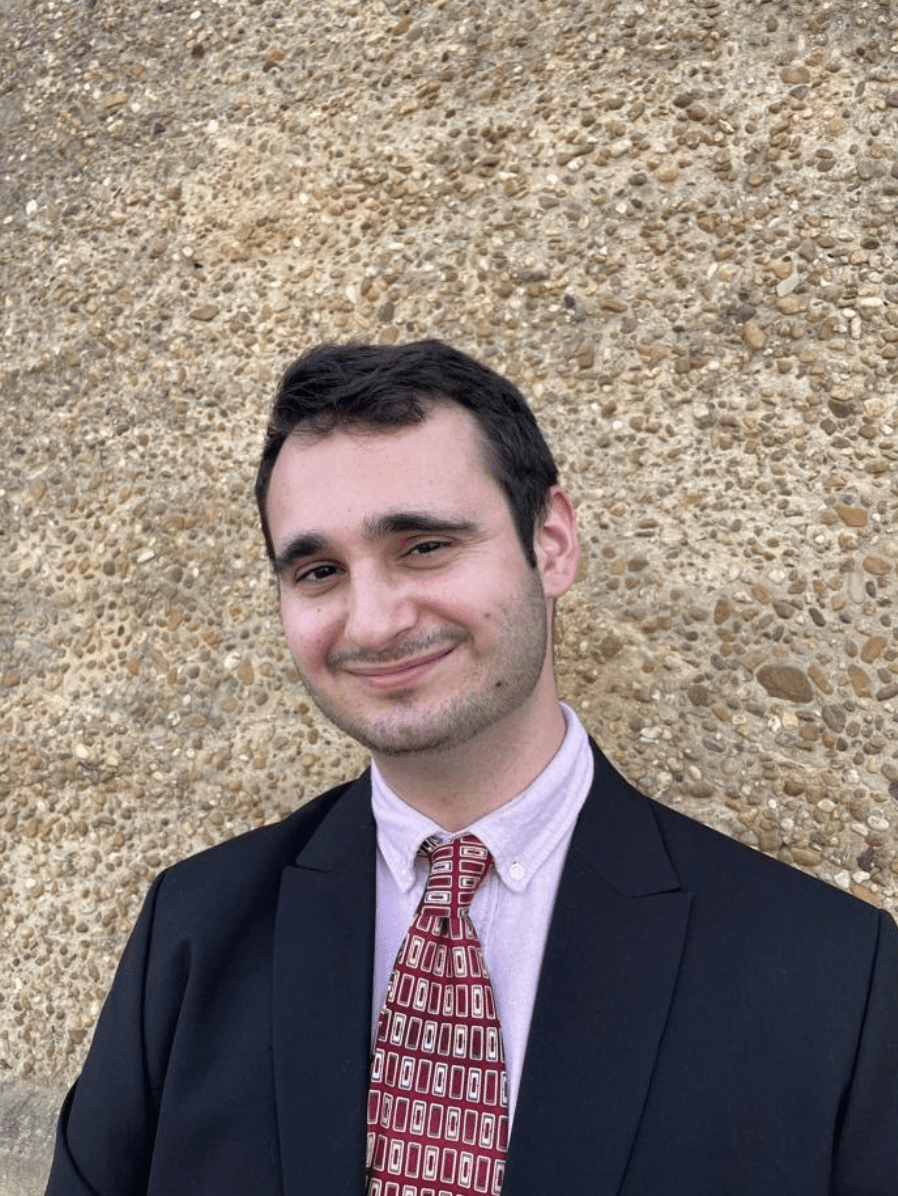Decentering the State: Social History and the Origins of Taiwan’s Polity

Decentering the State: Social History and the Origins of Taiwan’s Polity
Thursday, November 6th, 2025
2:00 PM – 3:30 PM ET
In-person Event
Room 505
1957 E Street NW Washington, DC 20052
Elliott School of International Affairs
Taiwan’s society contains a complex, multi-racial and multi-ethnic populace that is fiercely engaged in vibrant democratic politics and a wide range of other civic activities. Nevertheless, in today’s world it is mostly known for how it fits into or challenges the national interests of other countries, or for the useful technology that its companies produce. In other words, the interests and histories of the people of Taiwan are at best a secondary concern or an afterthought. As a result, casual observers of Taiwan do not understand the reasons underlying the choices that its citizens make in their identities, their internal and external relations, and their politics. This talk will propose an alternative approach to examining Taiwan’s history, one that places the people and the very long-term formation of the contemporary polity at the center, rather than the regimes that have governed Taiwan, in whole or in part, over the centuries.
About the Speaker

Evan Dawley is Associate Professor of History at Goucher College. He is the author of Becoming Taiwanese: Ethnogenesis in a Colonial City, 1880s-1950s (Harvard Asia Center Press, 2019) and of Taiwan: A People’s History (Reaktion Books, forthcoming March 2026). His current research project is titled “China, Chinese Abroad, and the International Construction of the Modern Nation-State, 1920s-1970s,” which examines the ongoing creation of Chinese identities in the context of relations between the ROC government and communities of Chinese and Taiwanese abroad. He is co-editor of Beyond Versailles: The 1919 Moment and a New Order in East Asia (Lexington Books, 2021) and The Decade of the Great War: Japan’s Interactions with the Wider World in the 1910s (Brill, 2014).






























































